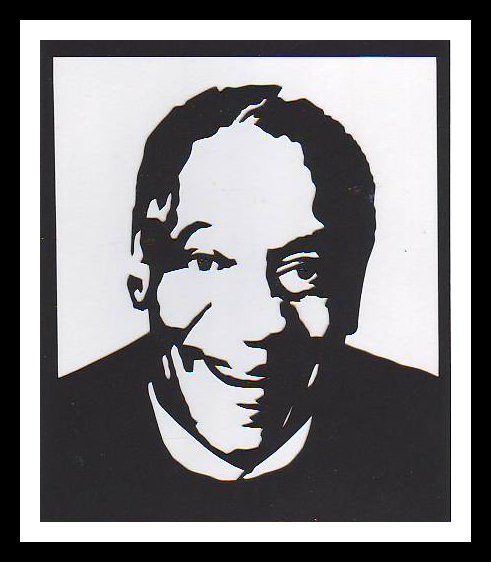Chip in to keep stories like these coming.
Gloria Allred, the Hollywood lawyer for some of Bill Cosby’s sexual assault victims, told a press conference that he isn’t Dr. Huxtable, as if it would’ve been OK if he was. I’m afraid I differ. Huxtable, who Cosby played on the hugely successful Cosby Show from 1984-92, was also a manipulative fraud and imposter.
Some people pointed that out at the time and I’d better quickly confess, in a sanctimonious, Huxtably spirit of full disclosure, that I was fired from a job as columnist at a TV mag for saying it in mild form. Your readers don’t want to hear this, a consultant told the publisher.
That character was regularly described then and now as a cuddly father figure and role model, a portrayal Cosby adopted more directly when the series ended. TIME says he was the “voice of paternal reason for younger black men, urging them to pull up their pants and stay in school” — an image which now surpasses irony. The New Yorker called him “the embodiment of black dignity.” The Independent asked, “Has a sublimely crafted image ever been so brutally brought to earth?”
More like sublimely calculated, I’d say. The function of that character and show was to assert, though I know it’s not self-evident, that all the hullabaloo in the 1960s about civil rights and revolution, followed by anger and disillusion in the 1970s, had passed. Calm down, lighten up, it’ll be fine.
Huxtable’s white twin in the 1980s was then-U.S. president (and former actor) Ronald Reagan: also chuckly, benign, reassuring, denying everything the preceding uproars connoted and implying, “If ya don’t agree, well, I’ll nuke ya.”
Those denials have a special sting in this year of Black Lives Matter, when it became distressingly clear how little, along with how much, has been achieved racially in the U.S. (and elsewhere, like South Africa). It’s poignant though coincidental that Cosby’s private hypocrisies went public at the same time.
There was a better, earlier Cosby show: I Spy (1965-68). He teamed with Robert Culp, an underappreciated actor who had the chops to go up against Peter Falk in three episodes of Columbo. Like The Cosby Show, I Spy made no overt to-do about the racial element (“Our statement is a non-statement,” said Culp) but because it was a different time, it made a different point. Also, smart and casual is more appealing than smug and superior. Cosby was clearly the brains of the team: his cover was being trainer to Culp’s tennis star.
Of course Cosby was playing a part in both cases and shouldn’t be held responsible for what his character did or was, any more than Kiefer Sutherland for tortures inflicted by Jack Bauer. (Or both of them should.) But it’s the Huxtable role that Cosby chose to extend when the show finished, becoming a “moral crusader,” one judge said recently. There’s nothing illegal about propagandizing for the status quo, as The Cosby Show did, but it may have done serious damage anyway, like its star’s sexual behaviour. Not everything can be best judged in a courtroom, sometimes not even crimes — though Americans love their courtroom dramas, in ways no others on the planet do.
I admit I found something irrationally offensive in that series and not only because it cost me a job. It had a quality of pandering and manipulation which links its tone, in ways no one would’ve suggested at the time, to his later (and earlier) sexual activity. In retrospect it makes The Fresh Prince of Bel-Air, which overlapped with The Cosby Show, look like a meta critique of it.
These things all exist in context. I Spy was Cosby at his best; The Cosby Show was him at his worst. The former came in the civil rights years and the latter in the Reagan years. Cosby more or less adapted to both contexts, not necessarily consciously and deliberately. But we’re all of our times. That he had other unappetizing personal traits and practices is simply part of the mix. I don’t think flaws, even egregious ones, cancel out positive things people do. Life isn’t like that. But I also don’t think there was anything very positive about The Cosby Show or his subsequent moralizing persona, to be cancelled out.
This column was first published in the Toronto Star.
Image: bernard levine/flickr
Chip in to keep stories like these coming.



